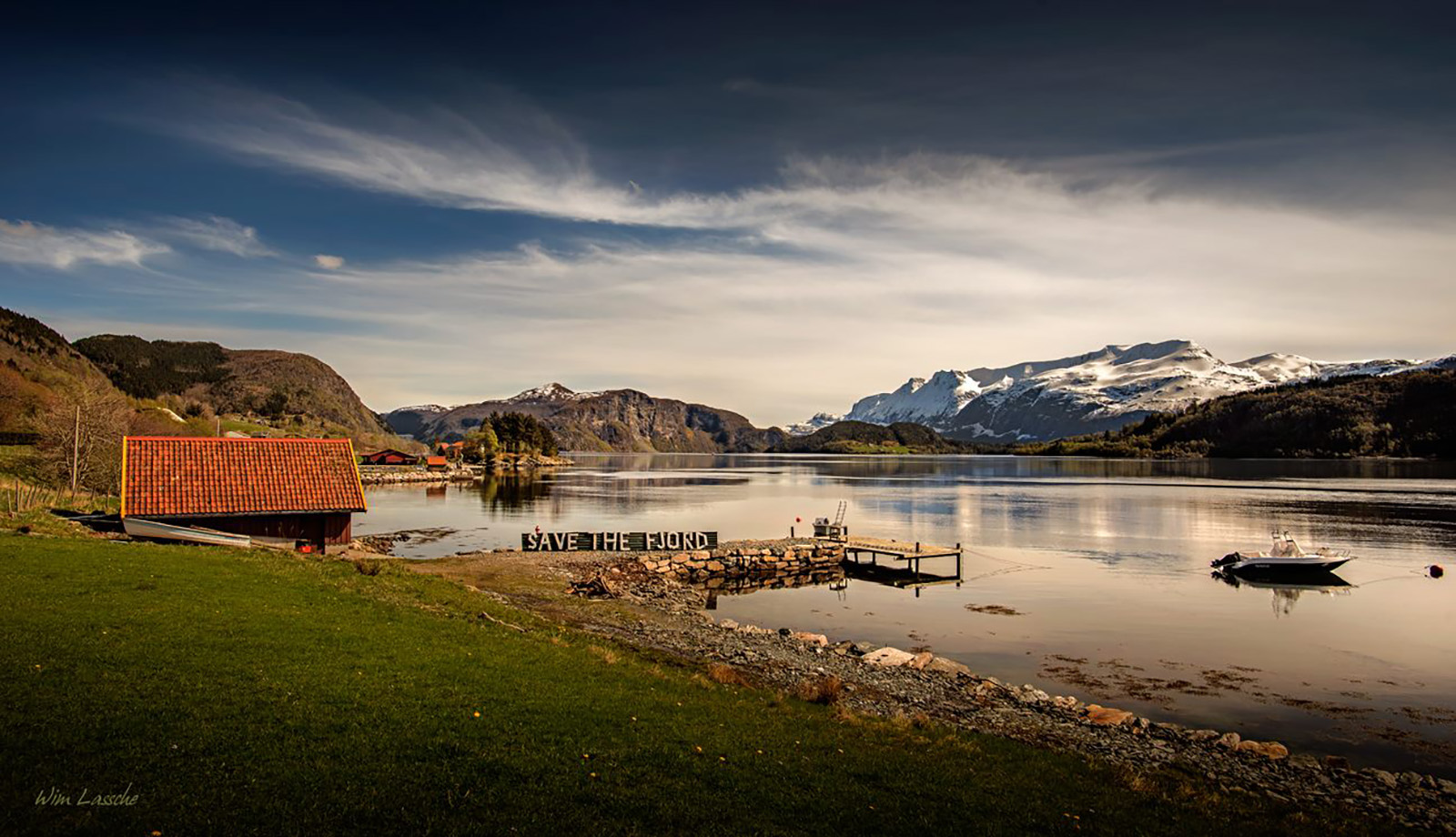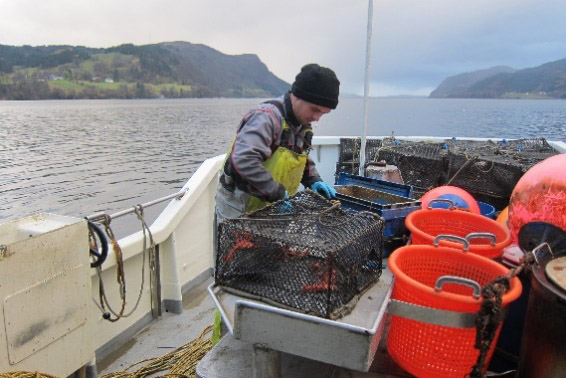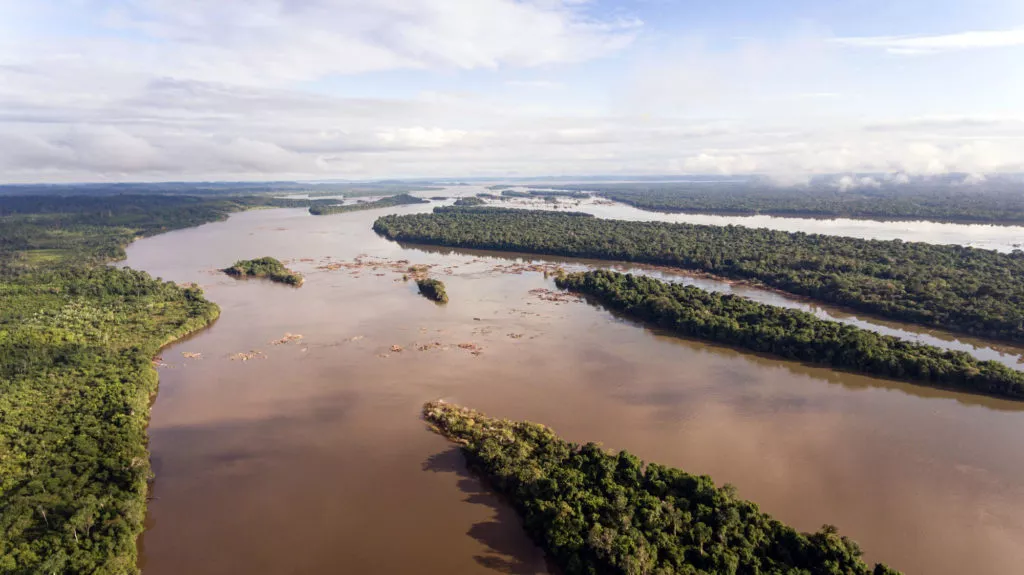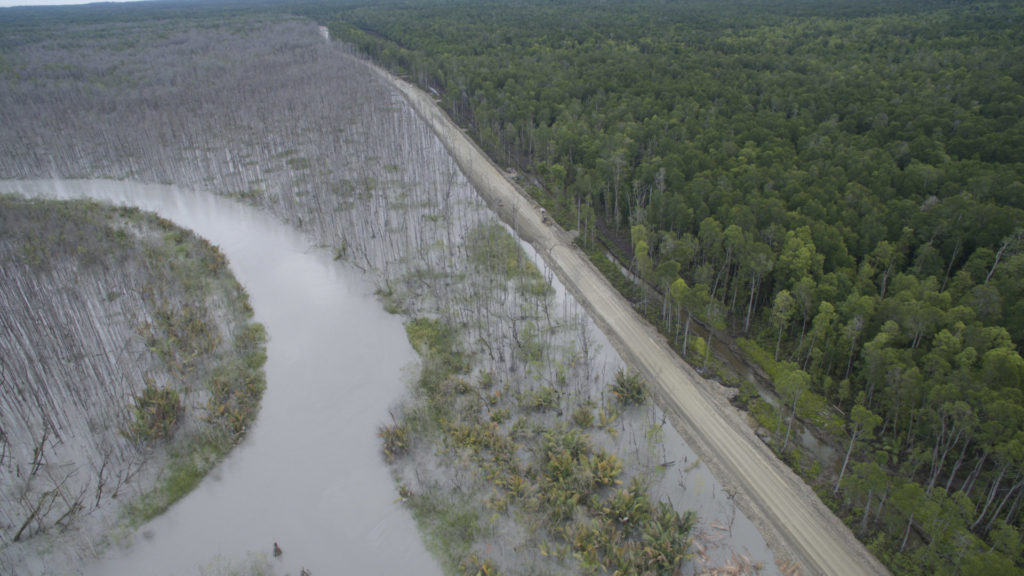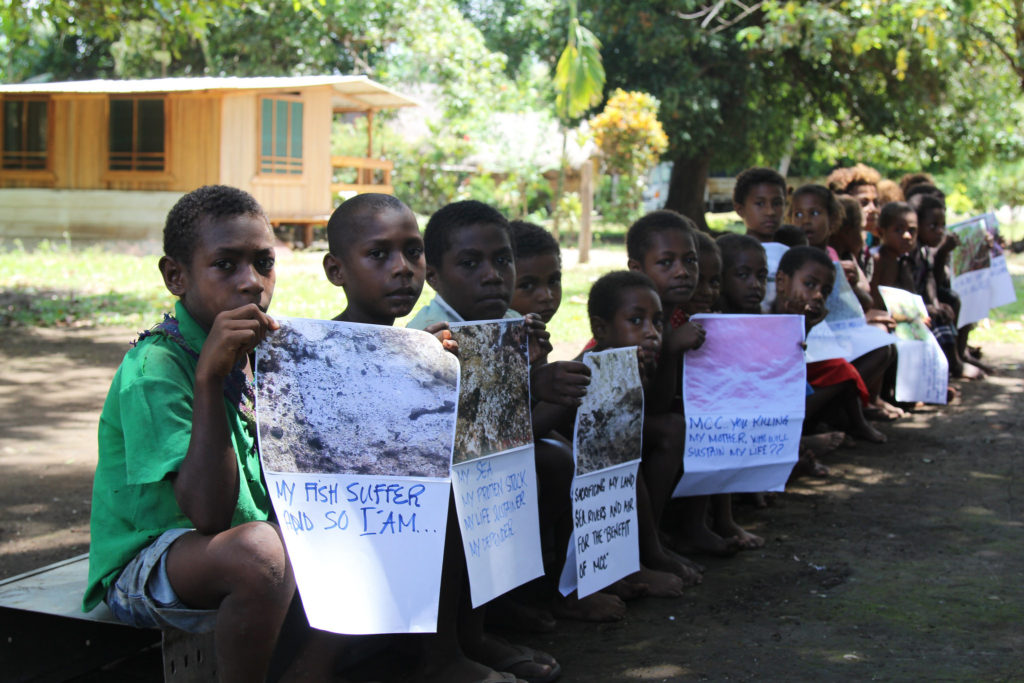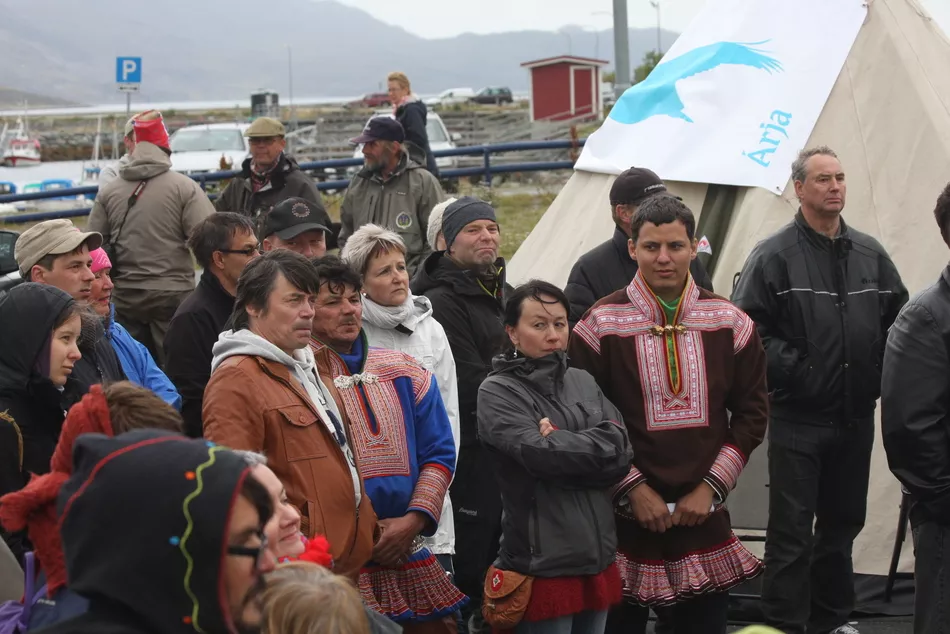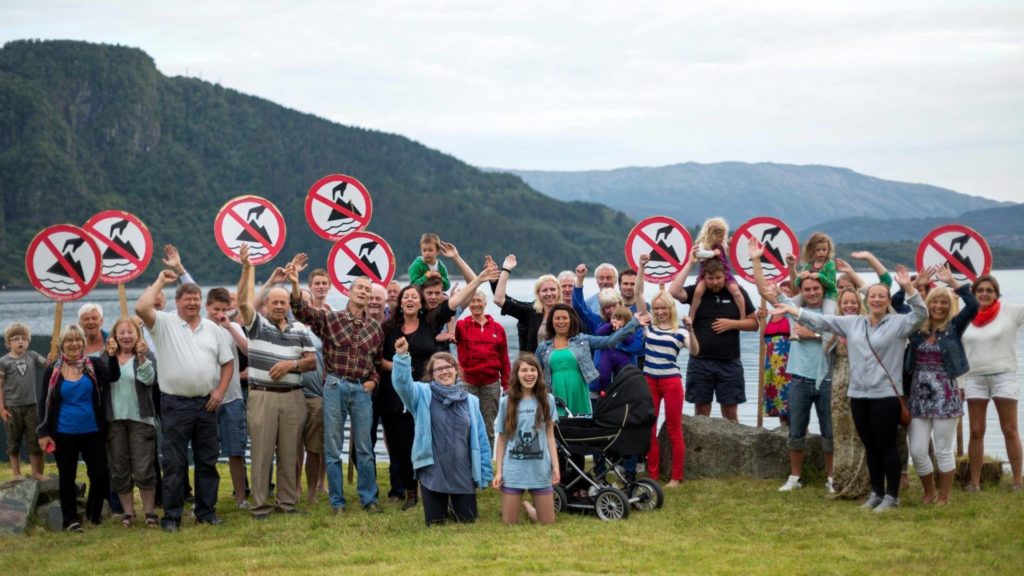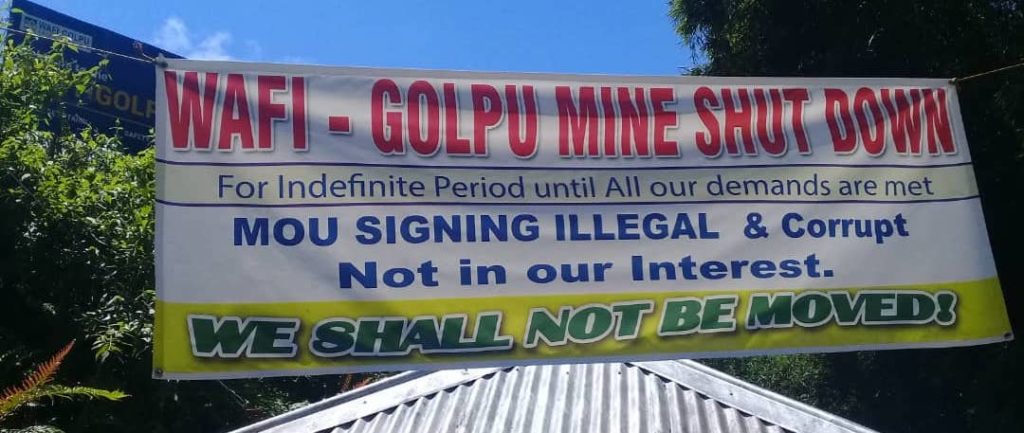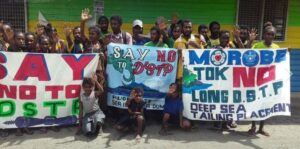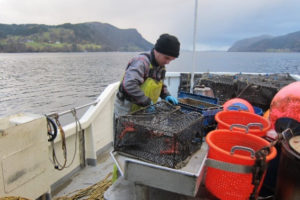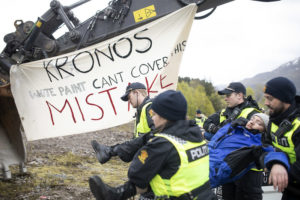Everyone Deserves Access to Clean Water.
It’s the foundation of a healthy life. For many indigenous communities, water is the heart of their cultural heritage and spiritual practice. Healthy oceans and clean rivers and lakes are also critical to reducing the impacts of climate change.
Yet every year, mining companies dump 220 million tonnes of hazardous waste directly into our oceans, rivers and lakes. That’s more waste than the United States puts into its landfills. It smothers seabed floors and coral reefs, decimates fish populations, and floods wetlands and forests.
The result? Polluted water. Destroyed ecosystems. Lost livelihoods. For decades, communities and ecosystems from Idaho to Indonesia have suffered the devastating impacts.
It’s Dirty. It’s Unnecessary. And it’s Wrong.
The Ditch Ocean Dumping campaign supports local communities and activists who say “no more” to this harmful practice by pressuring financial institutions and other corporate actors. Todaymore investors see ocean dumping mines as risky, while developers and governments are being forced to slow down plans. That’s kept tens of millions of tons of mine waste out of the biodiverse Coral Triangle in southeast Asia. In Chile, ocean dumping must end by 2024. But the Coral Triangle and Norwegian fjords are still at risk. Earthworks support community efforts to stop this outdated practice from making a comeback.
Dirty.
An independent expert review called the ocean dumping at the Ramu nickel and cobalt mine in Papua New Guinea an environmental “catastrophe” and urged the government and the company to immediately halt the practice.
Unnecessary.
Minerals are essential for heating our homes with renewable energy and powering electric vehicles. But we cannot build the clean energy transition on dirty mining—and we don’t need to. Ocean dumping is incompatible with a just transition to renewable energy, and companies that use it face blacklisting. The Responsible Mining Foundation and Emerging Markets Investor Alliance encourage companies to commit to banning aqueous tailings dumping. So far two mining companies, Eramet and Terrafame, have done so—and more will follow as pressure mounts.
Wrong.
Although this type of mine waste dumping has been phased out in many parts of the world, companies still use it, governments still allow it, and some of the world’s largest banks and investment firms still profit from it. By propping up irresponsible mining companies, financial institutions like Orion Resources, JP Morgan Chase and Bank of America are putting the health of our oceans and planet at risk.
Media Releases
The Way Forward.
As this movement grows, other financial institutions are stepping up. Standard Chartered, Citigroup, Credit Suisse, and major Norwegian asset manager, Storebrand, have issued new policies that prohibit or severely restrict financing of submarine mine waste disposal in response to the Ditch Ocean Dumping campaign. Storebrand has divested from four mining companies connected to ocean dumping in Papua New Guinea, including Harmony Gold and Newcrest mining over plans to use the practice at the proposed Wafi Golpu copper and gold mine, and Chinese firm MCC owner of the Ramu mine.
Communities at Risk
Related Blogs

Norwegian asset manager excludes mining companies over ocean dumping
Today another investor decided to ditch ocean dumping. Storebrand Asset Management, Norway’s largest private asset manager, announced today that it …

